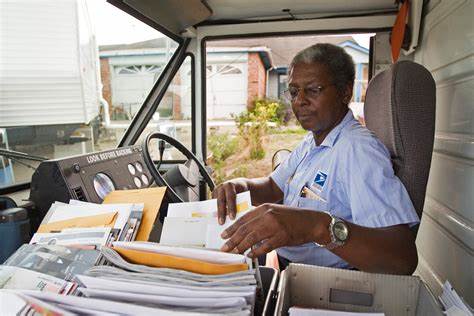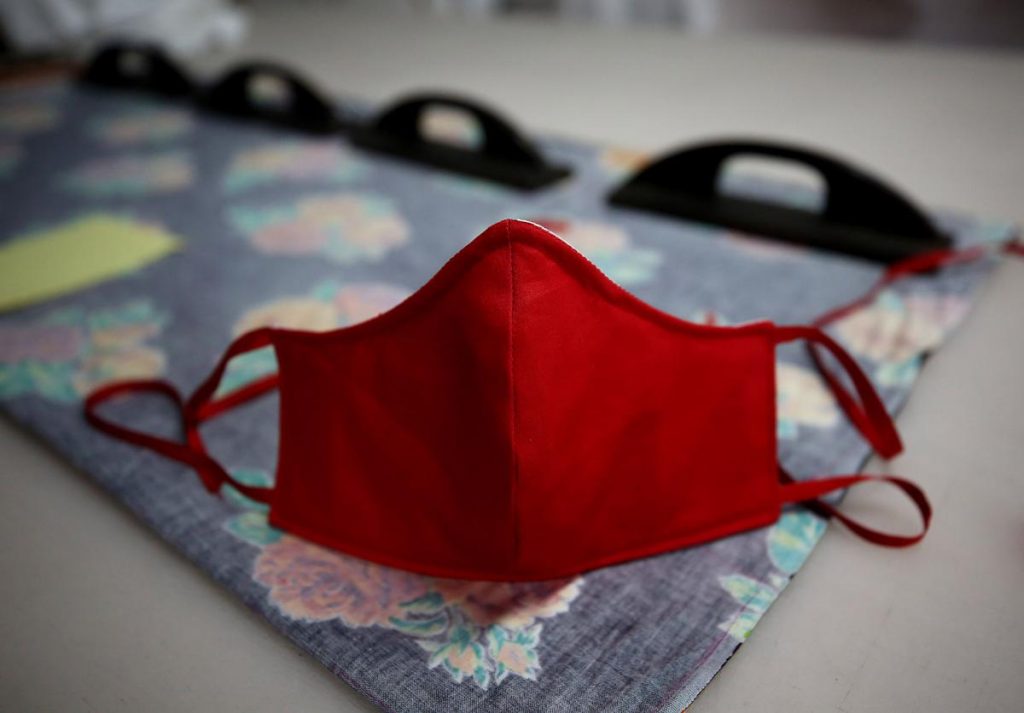
Monday, April 27
Today, four Democratic members of Congress began advocating for what they term an Essential Workers Bill of Rights. Senators Elizabeth Warren and Representatives Ayanna Pressley, Ro Khanna, and Deb Haaland appeared online as a group to urge proper protective equipment, better pay, and sick-leave rights for such essential workers as those at grocery stores and pharmacies, office cleaners, postal workers, delivery drivers, and frontline health care employees. Pressley cited the involvement of two unions, Service Employees’ 1199 unit and Local 509—and significantly, Haaland cited the efforts of “gig workers,” the marginal and often part-timers who do much of this work. Such people are “overwhelmingly women of color,” added Pressley.
The very limited involvement of organized labor in this effort is telling: Few of those we now understand to be essential workers are represented by unions. Why? American unions hardly represent any workers anymore—officially, only 10.3%—and unions do a very poor job of sticking up for those they are supposed to represent.
The big and very regimented United Food and Commercial Workers Union—“the largest private sector union in the United States, representing 1.3 million professionals and their families in healthcare, grocery stores, meatpacking, food processing, retail shops and other industries,” according to the union website—is a remote and grey dues machine, whose non-charismatic officials don’t rate even a nod from Warren and the other members of Congress.
Several meatpacking plants, some of which are represented by the UFCW, have been singled out as among the most horrific hot spots of the pandemic. The UFCW seems proud of the achievements it has made for such workers during the pandemic: These range from one-time bonuses of $300 to $500 at such companies as Pilgrim’s Pride, Hormel, and ConAgra to a $2 per hour pay increase covering the period from late March to early May at Cargill. At this last company, there will be increased factory-floor spacing between workers and no co-pays for coronavirus testing.
A one-time bonus of few hundred for risking your life? Well, thank God for small favors, I guess.
Dinner: avgolemono soup (with meat!) and a green salad.
Entertainment: One episode of Wales-based policier Hinterland.

